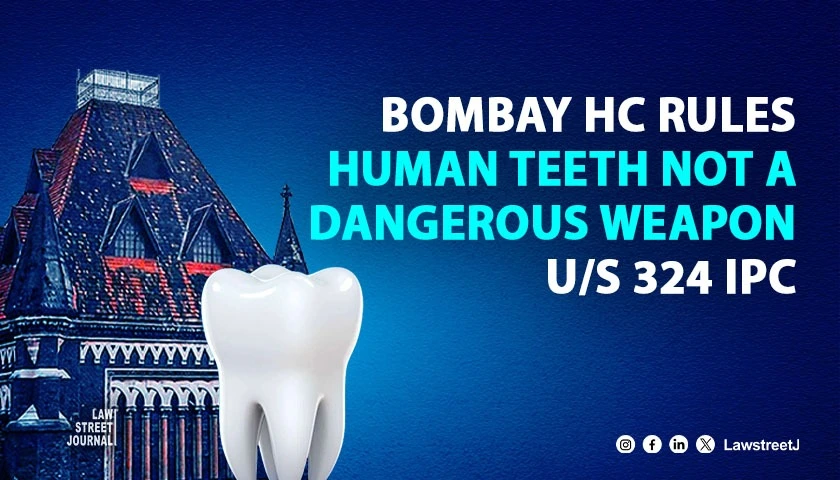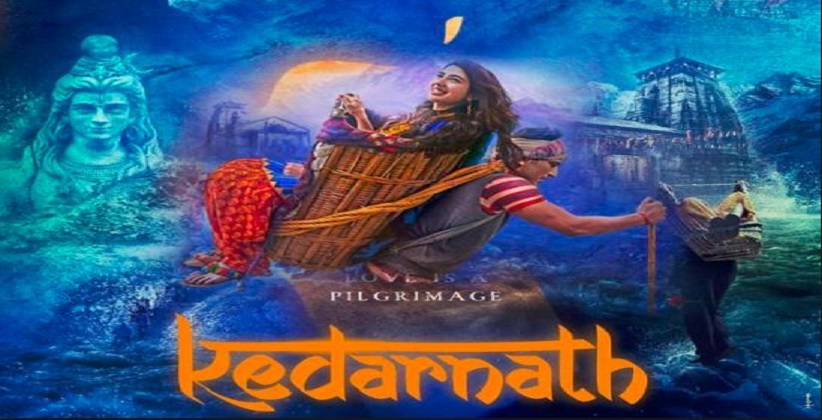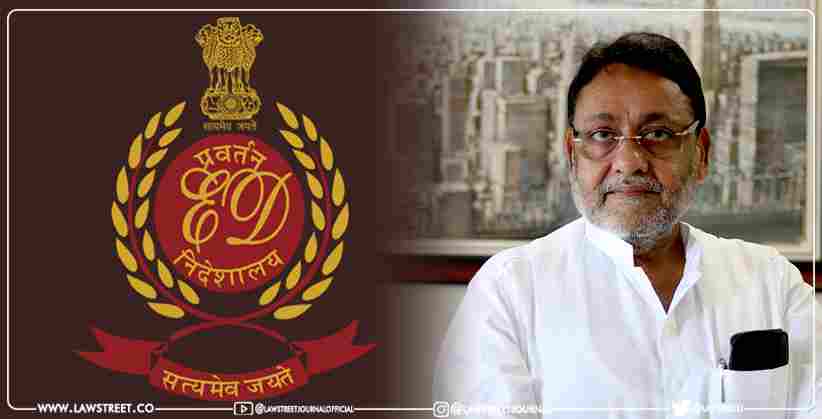Mumbai: The Bombay High Court, Bench at Aurangabad, has quashed criminal proceedings against four family members in a case involving alleged assault, ruling that human teeth cannot be considered a dangerous weapon under Section 324 of the Indian Penal Code.
Justice Vibha Kankanwadi and Justice Sanjay A. Deshmukh delivered the judgment on April 4, 2025, emphasizing that teeth do not qualify as instruments for “shooting, stabbing or cutting,” as required under the provision.
The case stemmed from allegations that, during a property dispute, the applicants had assaulted the complainant, with two of them allegedly biting her and her brother, causing injuries. The FIR was registered under Sections 324, 323, 504, 506 read with Section 34 of the Indian Penal Code.
The court noted, “The medical certificates of the informant and her brother show that there was simple hurt to both of them. The weapon that is used is stated to be a hard and blunt object. The teeth marks were not noted by the Medical Officer, and he has given the description of injury as a contused lacerated wound.”
Referring to the Supreme Court decision in Shakeel Ahmed vs. State of Delhi (2004), the court observed, “The teeth of a human being cannot be considered a deadly weapon as per the description of deadly weapon enumerated under Section 326 of the Indian Penal Code.” The court extended this interpretation to Section 324 IPC as well.
The court emphasized, “The dimensions given cannot match the injury that might be caused by human teeth. The natural curve in case of a bite is not noted. Therefore, it is hard to believe that the injuries noted on the persons of the informant and her brother were caused by human teeth.”
The bench concluded that without the Section 324 charge, the remaining offences (Sections 323, 504, 506 read with Section 34 IPC) were non-cognizable in nature, making the First Information Report under Section 154 of the Code of Criminal Procedure unmaintainable.
The court also remarked on the underlying property dispute between the parties, noting that Respondent No. 2 had already obtained a decree for her 1/4th share in the suit property as the widow of the applicants’ deceased family member.
In conclusion, while allowing the application, the court observed that it would be an abuse of the process of law to ask the applicants to face trial, as the ingredients of the offence under Section 324 of the Indian Penal Code were not attracted.
Mr. R.R. Karpe and Mr. S.P. Dhobale, Advocates, appeared for the applicants; Mr. N.R. Dayama, APP, appeared for Respondent No. 1 (State of Maharashtra); and Mr. N.L. Jadhav, Advocate, appeared for Respondent No. 2.
Case Title: Tanaji Shivaji Solankar and others vs. The State of Maharashtra and another




![Husband Can Also Claim Alimony/Maintenance From Wife: Bombay High Court Orders Woman To Pay Alimony To Ex-Husband [Read Order]](/secure/uploads/2022/04/lj_2823_Divorce.jpg)






